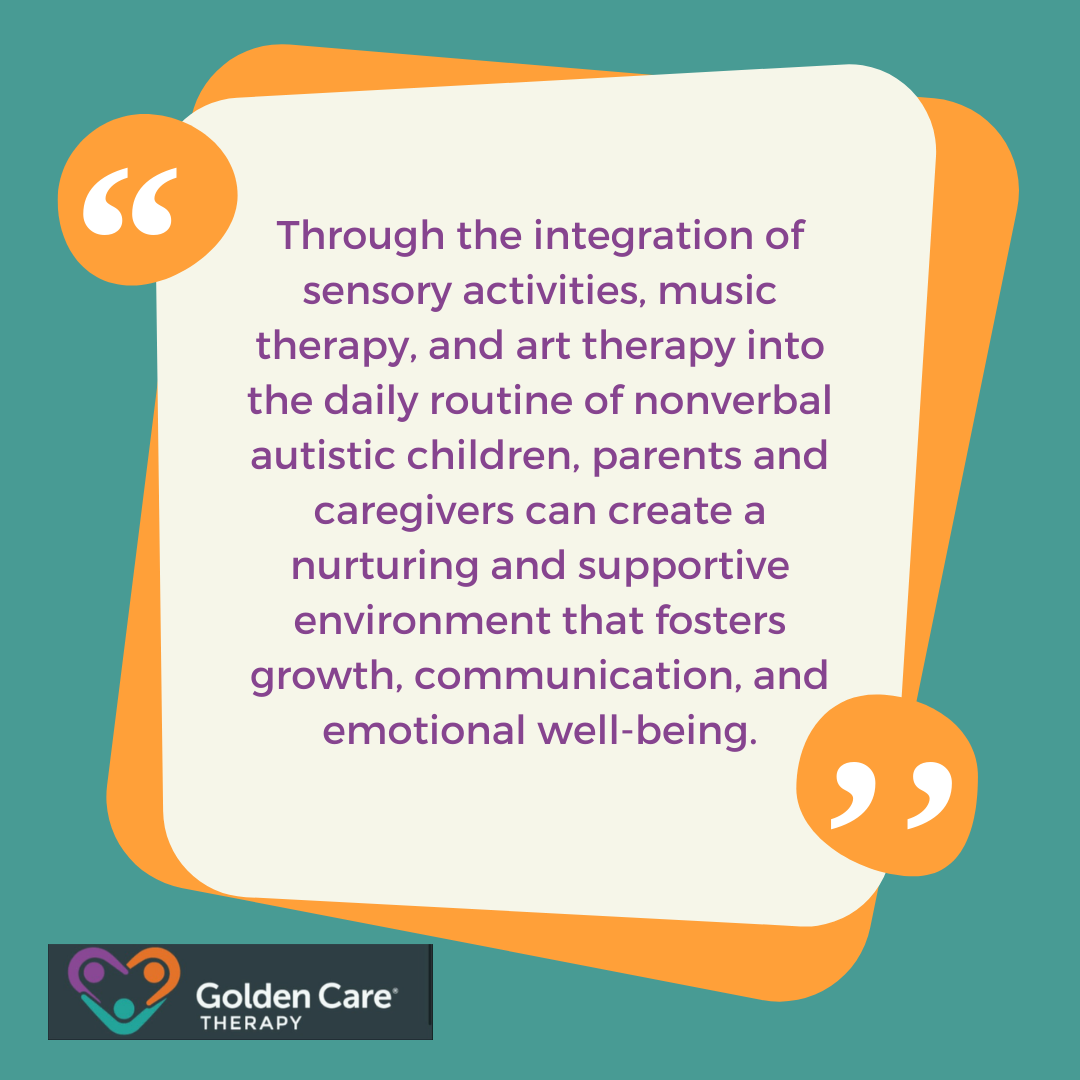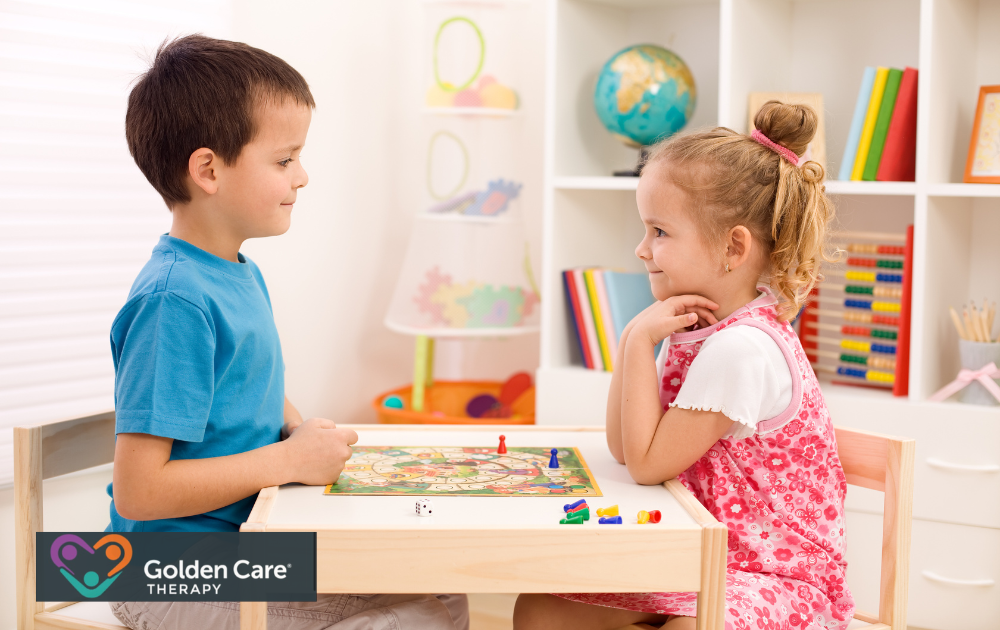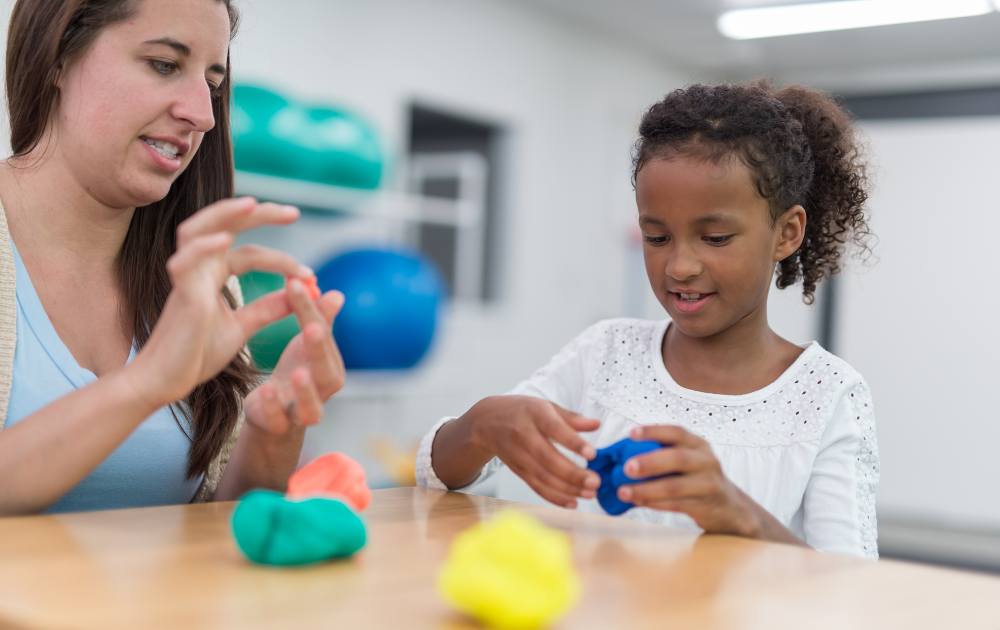Finding the right activities for a nonverbal autistic child can be both rewarding and challenging. Every child has a unique way of experiencing the world, and discovering the activities that spark their interest can help them express themselves, build skills, and feel more connected.
Whether it’s through movement, creativity, or sensory experiences, these activities can provide opportunities for growth and joy. Exploring different options with patience and understanding opens the door to meaningful connections and positive outcomes.
Transformative Activities for Nonverbal Autistic Children
Engaging nonverbal autistic children in transformative activities can play a significant role in their holistic development and emotional well-being. These activities encompass sensory experiences, music therapy, and art therapy, offering avenues for self-expression, communication, and social interaction.
Sensory Activities
Sensory activities are a cornerstone in supporting nonverbal autistic children. These activities focus on stimulating the senses through various materials, textures, and stimuli. By engaging in sensory play, children can explore and interact with their environment, fostering cognitive development and emotional regulation.
Music Therapy
Music therapy is a powerful tool in supporting communication and emotional expression in nonverbal autistic children. Through music, individuals can engage in rhythmic movements, vocalizations, and emotional release, bridging gaps in verbal communication.
Art Therapy
Art therapy provides a creative outlet for nonverbal autistic children to express themselves and communicate their emotions. Engaging in art activities can help improve fine motor skills, boost self-esteem, and encourage social interaction through collaborative art projects.

These transformative activities offer avenues for self-discovery, expression, and social engagement, enabling children to flourish and thrive.
Interactive Play and Social Engagement
Engaging nonverbal autistic children in interactive play and social activities is essential for their overall development and well-being. Through various activities, these children can enhance their social skills, foster creativity, and build meaningful connections with others.
Role-Playing Activities
Role-playing activities provide nonverbal autistic children with opportunities to explore different social scenarios, emotions, and perspectives in a safe and structured environment. By assuming different roles and engaging in pretend play, children can practice social interactions, communication skills, and problem-solving abilities.
This type of activity also stimulates imagination and creativity, fostering cognitive development and emotional expression.
Social Skills Development
Developing social skills is a crucial aspect of the growth and integration of nonverbal autistic children. Structured exercises focused on building social skills can include practicing turn-taking, initiating and maintaining conversations, interpreting facial expressions and body language, and understanding social cues.
These activities aim to improve communication abilities, cultivate empathy, and enhance the ability to engage meaningfully with peers and caregivers.

Interactive Games
Interactive games offer a fun and engaging way for nonverbal autistic children to interact with others and develop social connections. These games can range from simple board games that encourage cooperation and turn-taking to digital games that promote teamwork and communication.
Interactive games not only provide opportunities for social engagement but also help improve cognitive skills, problem-solving abilities, and emotional regulation.
With the help of role-playing activities, social skills development exercises, and interactive games, parents, caregivers, and educators can create a supportive and enriching environment that promotes social engagement, communication, and positive interactions.
These activities not only benefit the child but also contribute to building strong relationships and fostering a sense of belonging within the community.
Physical Activities and Body Movement
Engaging in physical activities and body movement plays a vital role in the holistic development of nonverbal autistic individuals. By incorporating yoga and mindfulness practices, dance therapy sessions, and outdoor activities, these individuals can enhance their motor skills, sensory experiences, and emotional well-being.
Yoga and Mindfulness
Yoga and mindfulness activities offer a calming and structured approach to physical movement for nonverbal autistic children. Through gentle stretches, breathing exercises, and relaxation techniques, yoga helps promote body awareness, improve flexibility, and reduce stress levels.
Mindfulness practices, such as guided meditation and deep breathing, help nonverbal individuals with autism develop self-regulation skills and emotional control. These activities create a safe space for self-exploration and sensory grounding.
Dance Therapy
Dance therapy provides a creative outlet for nonverbal autistic children to express themselves through movement and music. Through rhythmic patterns, structured choreography, and improvisational exercises, dance therapy sessions enhance communication skills, social interaction, and emotional expression.
Dance therapy not only improves physical coordination and motor planning but also fosters a sense of accomplishment and self-confidence in nonverbal individuals with autism.
Outdoor Activities
Engaging in outdoor activities offers nonverbal autistic children opportunities for sensory exploration, physical exercise, and social engagement in natural environments. Activities such as nature walks, playground games, and sensory scavenger hunts stimulate the senses, promote physical fitness, and encourage social interaction with peers.
Outdoor activities not only provide nonverbal autistic children with a break from routine indoor settings but also offer a multi-sensory experience that promotes overall well-being and development.
Final Thoughts
Finding the right activities for a nonverbal autistic child can make a big difference in their development and emotional well-being. Activities that focus on sensory experiences, creativity, and communication help them express themselves in ways that feel comfortable and natural. By paying attention to their unique interests and needs, parents and caregivers can create a safe and engaging environment that encourages growth and connection.
Whether it’s through art, music, or simple play, these activities are powerful tools to help a child build confidence, learn new skills, and enjoy meaningful experiences.
Every small step forward is a victory, and with patience and understanding, the right activities can unlock a world of possibilities for a nonverbal autistic child. At Golden Care Therapy, we specialize in personalized ABA services that empower children to thrive.
Our team of compassionate professionals works closely with families to provide tailored solutions that help improve communication, social skills, and overall development. If you’re looking for ABA services in Indiana, New Jersey, New York, Georgia, or Florida, contact us today to learn how we can support your child’s growth.
Let’s work together to create a brighter future for your child with the best therapeutic approach available.
Sources:



